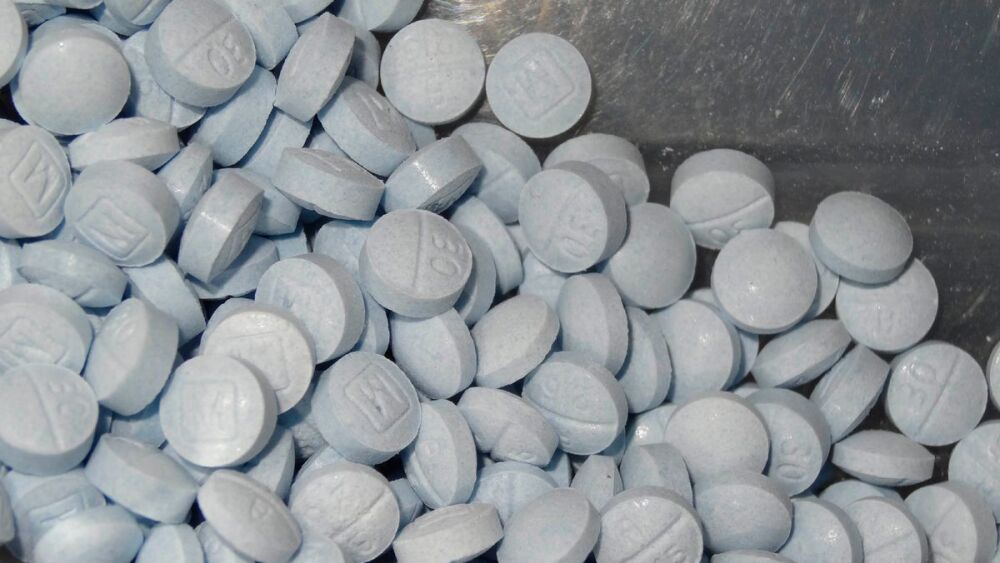By Curt Brown
The Standard-Times, New Bedford, Mass.
NEW BEDFORD, Mass. — The Greater New Bedford Opioid Task Force is getting a four-year, $1.8 million federal grant to help the region battle a drug epidemic that is causing deaths and 1 to 2 overdoses a day just in the city.
“The problem of opioid addiction, as you know, is it doesn’t respect political boundaries. The problem is one that transcends city and town boundaries, as we all know, and it affects folks of every profession,” New Bedford Mayor Jon Mitchell said Monday morning at a City Hall press conference.
“Here in New Bedford, America’s largest commercial fishing port, we all had the challenge at times with folks in the industry who have struggled with opioid addiction,” he said. The mayor added that his first cousin, a commercial fisherman, fatally overdosed a number of years ago. “It’s been something the fishing industry has struggled with at times.”
Dartmouth and Fairhaven, New Bedford’s neighboring communities, will benefit from the grant since they are members of the Greater New Bedford Opioid Task Force.
To date, the mayor described New Bedford’s efforts to stem the opioid problem in the city as “successful, not fully successful.”
According to information provided by the city, the total number of opioid overdoses peaked in 2016 with 685. The number has dropped “modestly,” but the problem continues to be a “very serious public health challenge.” As of September of this year, there have been a total of 457 overdoses in New Bedford.
The $1.8 million grant from the U.S. Department of Health and Human Services’ Substance Abuse and Mental Health Services Administration will train first responders and assist people in the three communities in the administration of naloxone, a potentially life-saving drug for people overdosing on opioids, and drug safety. The New Bedford Health Department and Police Department will work with the Fishing Partnership Support Services for the program.
The Greater New Bedford TRAIN (Teach, Reach and Initiate Naloxone Project) is seeking to reach more than 7,000 people through education and assistance for treatment and recovery. The grant will add a recovery coach to the opioid task force’s outreach team, which is currently going out into the community six days a week to meet with people who have recently overdosed, and assist individuals and their families with resources for treatment and recovery.
U.S. Rep. William Keating, D-Mass., said the grant was competitive and the task force’s application was aided by its outreach work. “This will undoubtedly save lives,” he said. “This is much more a health problem, not a criminal problem.”
Opioid users will have relapses, but the grant will give them the help to move forward towards recovery. “This is targeted to get people training,” Keating said.
As early as elementary school, New Bedford students are introduced to “age-appropriate” information that relates to the opioid crisis, the mayor said. Children are taught at that age about making “better life choices.”
Rep. Christopher Hendricks, D-New Bedford, said despite the existing opioid-related programs “we need all the help we can get.”
Rev. David Lima, executive minister of the Interchurch Church Council of Greater New Bedford, said in the past the task force has pieced together money from different sources to fund programs. The grant will give them “real dollars” to sustain programs.
New Bedford Police Chief Joseph C. Cordeiro, who is co-chair of the task force with Damon Chaplin, director of the New Bedford Health Department, described the task force as “robust” in the work they do and said the grant will allow them to expand on their “success rate.”
“These dollars will go everywhere they need to go and they will save lives,” he said.
———
©2019 The Standard-Times, New Bedford, Mass.












